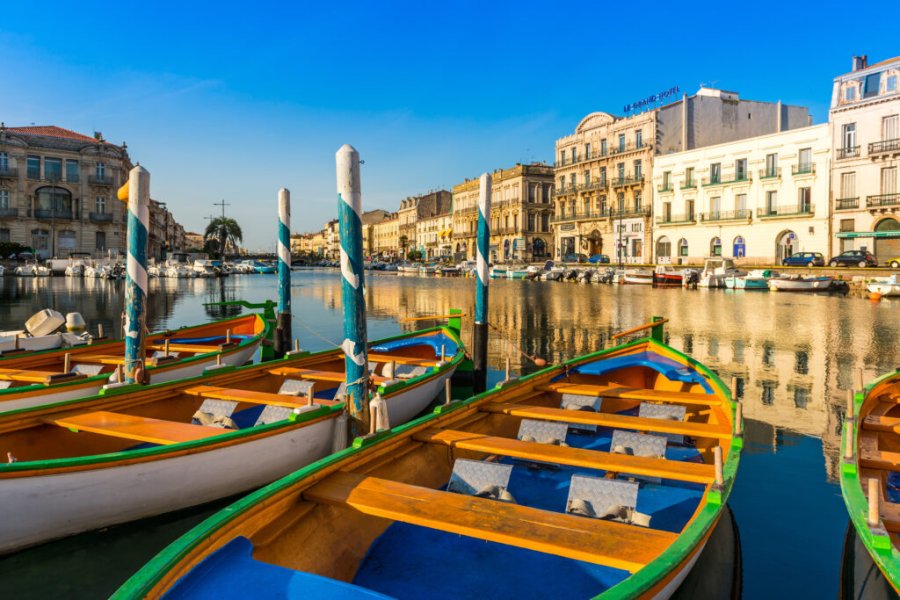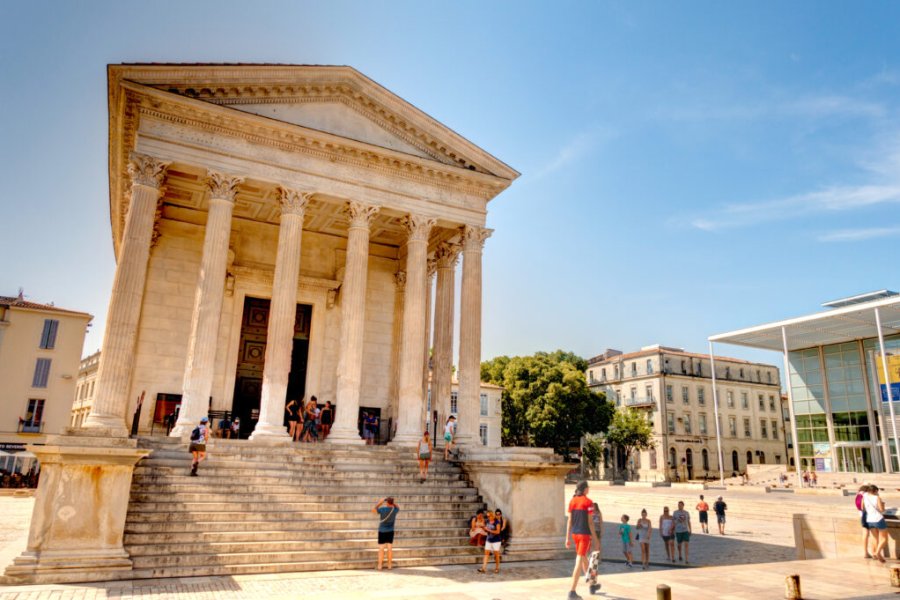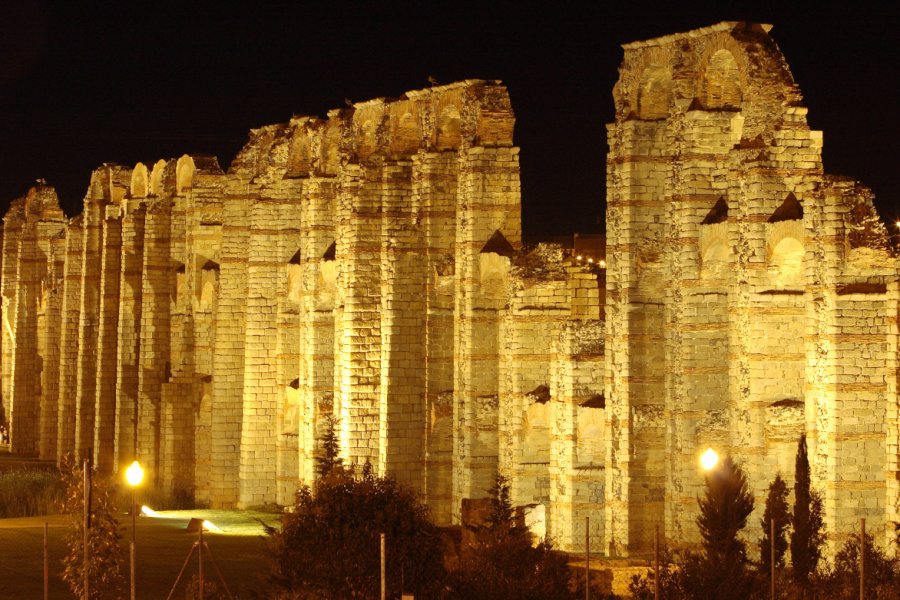Travel Guide Mérida
Find an accommodation
Advertising
Located on the banks of the Guadiana River, this city of nearly 60,000 inhabitants was founded in 25 B.C. as a place for emeritus veterans of theFifth and Tenth Legions. Under the name of Emerita Augusta, it became the imperial capital of the region of Lusitania, one of the three Hispanic provinces of Rome, and was one of the most important cities inHispania. And its good fortune continued after the barbarian invasions of thefifth century, as it remained an important enclave and was even the capital of the Visigothic kingdom of the province of Lusitania. Of all this glorious past, it has preserved an archaeological complex, especially Roman, which has earned it a place on the Unesco World Heritage List in 1993. Theater, amphitheater, circus, domus with superb mosaics, Temple of Diana, necropolises: the city hosts archaeological sites whose state of conservation remains among the best in Spain. Even if it is imposing, this heritage should not make us forget that Mérida also keeps the traces of the other civilizations which succeeded there and which you will discover on the occasion of your pedestrian stroll. Now the capital of Extremadura, this city is also an opportunity to immerse yourself in a different atmosphere within Extremadura, that of the more southern province of Badajoz. And since 1993, it has hosted the oldest classical theater festival in Spain in the summer. On this occasion, the best classical theater and opera troupes perform in the Roman theater. More information on www.festivaldemerida.es
What to visit Mérida?
Advertising
Weather at the moment
Advertising
Organize your trip with our partners Mérida
Transportation
Book your plane tickets
Car Rental
Boat rental
Accommodation & stays
Find a hotel
Holiday rental
Find your campsite
Tailor-made trip
Immersion travel
Services / On site
Activities & visits
Find a doctor














